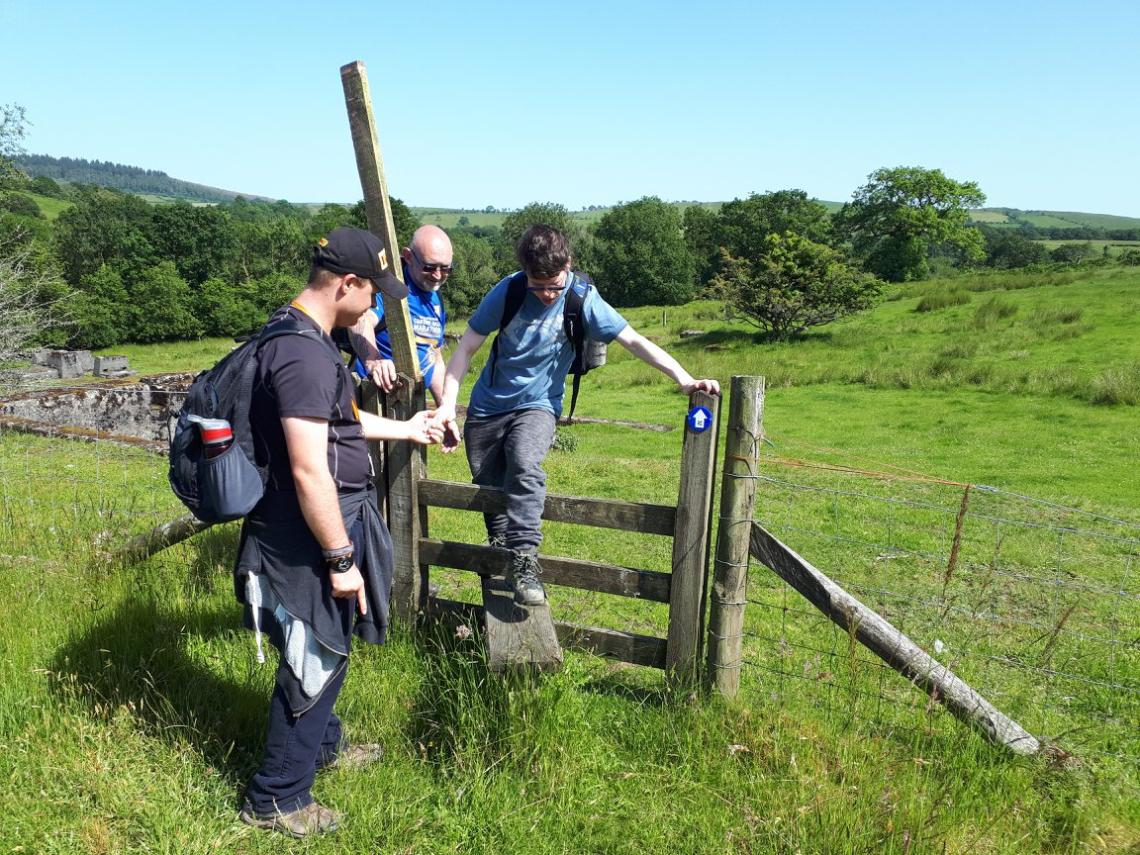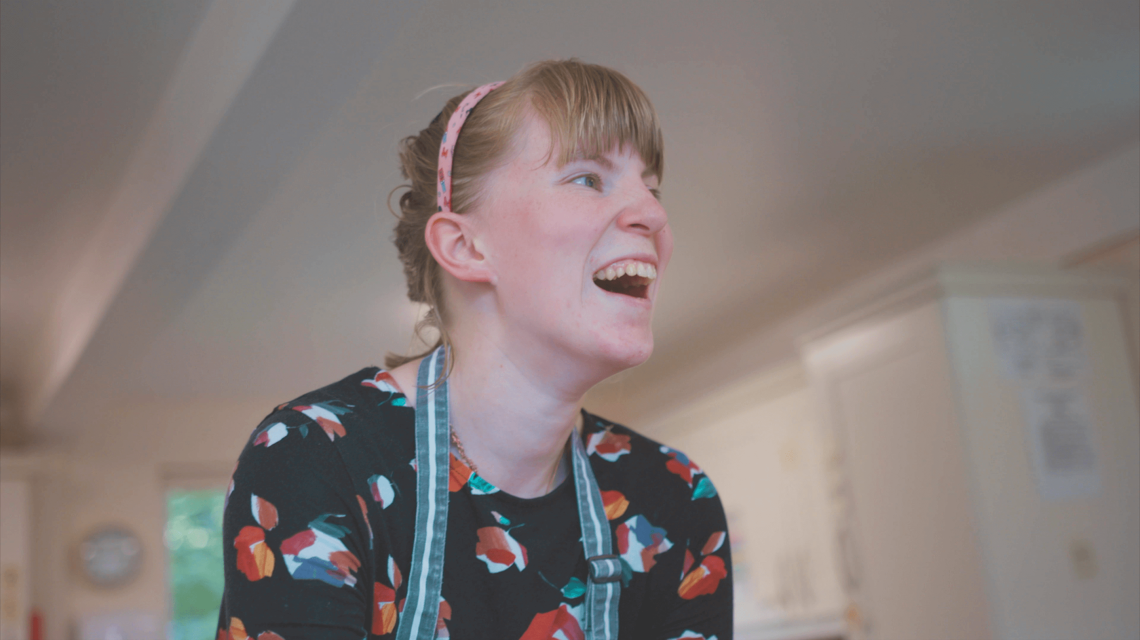Young people on our Foundation Education Programme are typically aged 18 - 22 years.
We aim to build skills, maximise well-being and improve long-term life chances. Everything we do is designed to monitor and progress ability in seven key learning areas. The seven areas form the basis of Individual Learning Plans (ILPs).
Learning Plan Areas
For more information about each of our learning plan areas, please click on the headings below.
Personal development and citizenship helps learners to understand themselves and others. It supports learners to:
- See the college as a community of which they are active members.
- Develop understanding of sexual development and the role of sexuality in relationships.
- Develop a positive self-image.
- Develop emotional maturity.
- Make meaningful connections with the wider community.
- Get involved with the Duke of Edinburgh’s Award scheme.
Tutors will encourage learners to build ICT skills in all areas of their learning and most also take dedicated sessions in our ICT suite. Some people also take part in accredited learning to support the development of their skills in this area.
Learners are also taught how to recognise and avoid online exploitation or cyber-bullying when using technology.
Whatever the level of ability, we promote the development of essential skills to create greater potential for independence and employment. To achieve this, we:
- Identify development opportunities for all.
- Plan, monitor and evaluate progress and development.
- Encourage enjoyment of literacy and numeracy.
- Find ways to develop literacy and numeracy in all aspects of life around campus.
We’re promoting responsible attitudes towards healthy lifestyles by:
- Developing an understanding of why healthy eating matters.
- Providing opportunities to improve physical fitness.
- Encouraging personal interests for long term wellbeing.
- Supporting self-management of free time.
- Developing the ability to communicate wants and needs.
- Providing opportunities to develop social skills.
Focused in the home environment on campus, care staff and volunteers support learners to:
- Follow a focused framework to develop household skills.
- Build confidence and pride through learning household tasks.
- Understand more about personal and social responsibility.
- Work alongside others to exchange skills.
A crucial part of our job is to help young people to take responsibility for their own learning. We focus on developing problem solving skills, teaching self reflection and correction. Work experience both onsite and in the wider community helps learners to test out their skills in real world environments.
Being able to understand and to be understood is a fundamental part of what all young people in our care need. Our total communication approach means that the promotion of learner independence and achievement is supported by a broad range of techniques and resources. During their time with us, all learners will develop a ‘Self Advocacy Plan’. This is a document where we record individual achievements alongside what is important to learners in preparation for their post-college lives.
Learners meet their Individual Learning Plan goals through a personalised curriculum that can fall into several curriculum areas.
Curriculum Areas
For more information about each of our curriculum areas, please click on the headings below.
The popular on-site shop provides an opportunity to develop real-life skills in a working environment. As well as selling products to learners, residents, staff and visitors, the shop provides provisions for the community’s six residential houses.
Here learners focus on the development of key skills including literacy, numeracy and social skills as well as vocational learning in such areas as stock rotation and food hygiene.
Our unique site provides plenty of access to the natural world, perfect for land-based activities. The changing seasons and proximity to the land provide reassurance and predictability contributing to self- confidence and awareness. Whether it’s weighing out animal feed, ensuring animal welfare, working on the estate or cultivating herbs and vegetables in our kitchen garden, learners are provided with purposeful real world living and learning opportunities.
We have specific expertise in understanding and promoting the therapeutic benefits of using craft as a vehicle for wider learning. Weaving, green woodwork and carpentry are offered alongside printmaking, candle and soap making. For many learners, the processes and rhythm associated with the creation of craft objects reduces anxiety and sensory overloads. Often, the nature of repetitive activities provides reassurance and predictability to build confidence in their environment.
As confidence grows so does openness to learning opportunities and interactions with others. Craft activities also improve gross and fine motor skills, as well as increasing attention and focus. They also enhance hand to eye coordination and individuals’ ability to use both hands simultaneously.
Funding
The Foundation Education programme is a residential programme delivered over 37 weeks with extended provision up to 52 weeks per annum. Fees are contingent upon individual need and are identified on assessment. Learners are typically funded by their Local Authority and/or Welsh Government.
The programme can be delivered over two years however for young people with high needs, a 3 year placement may be offered.
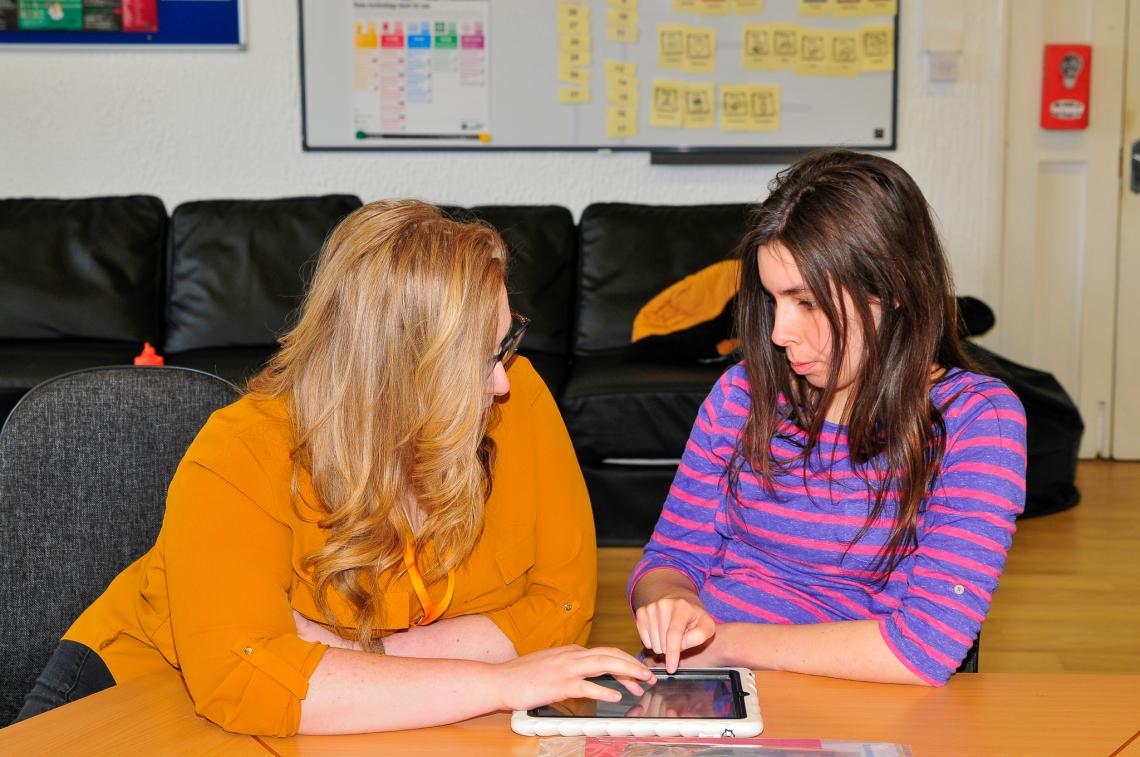
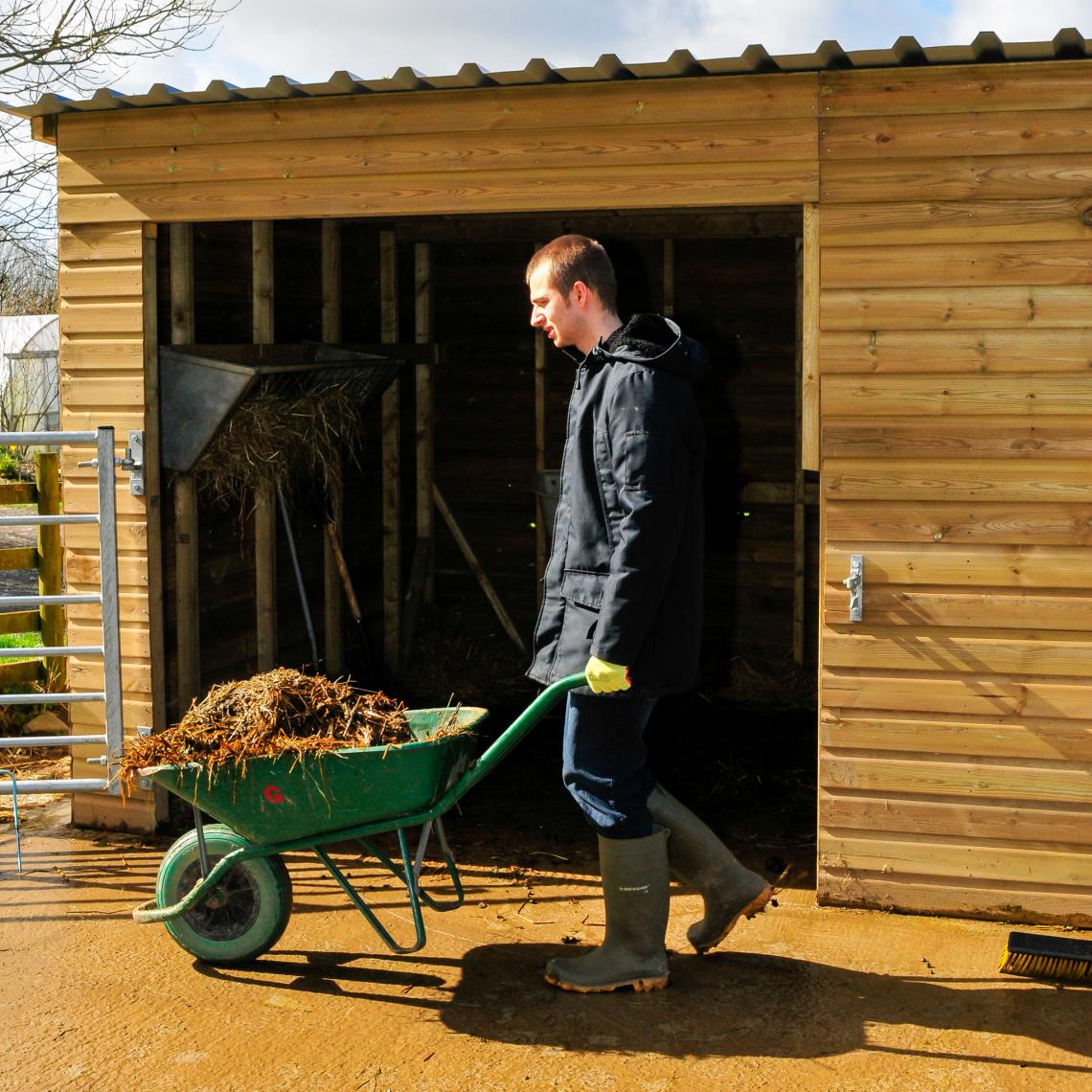
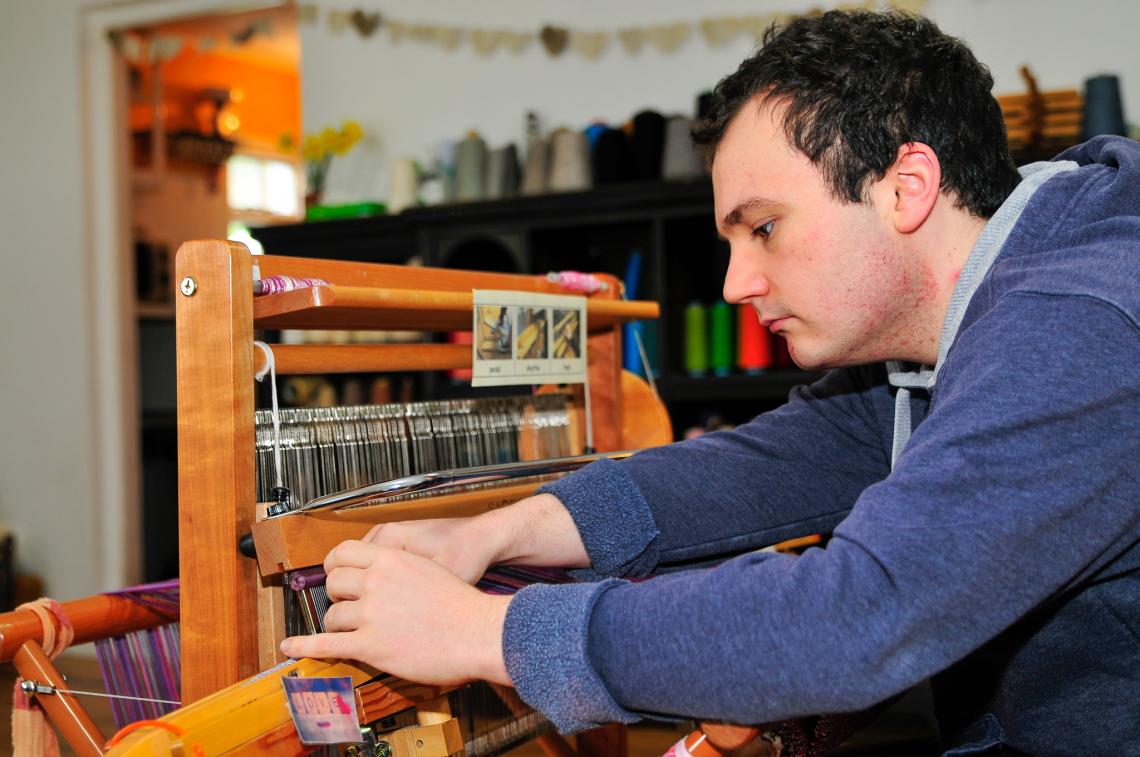
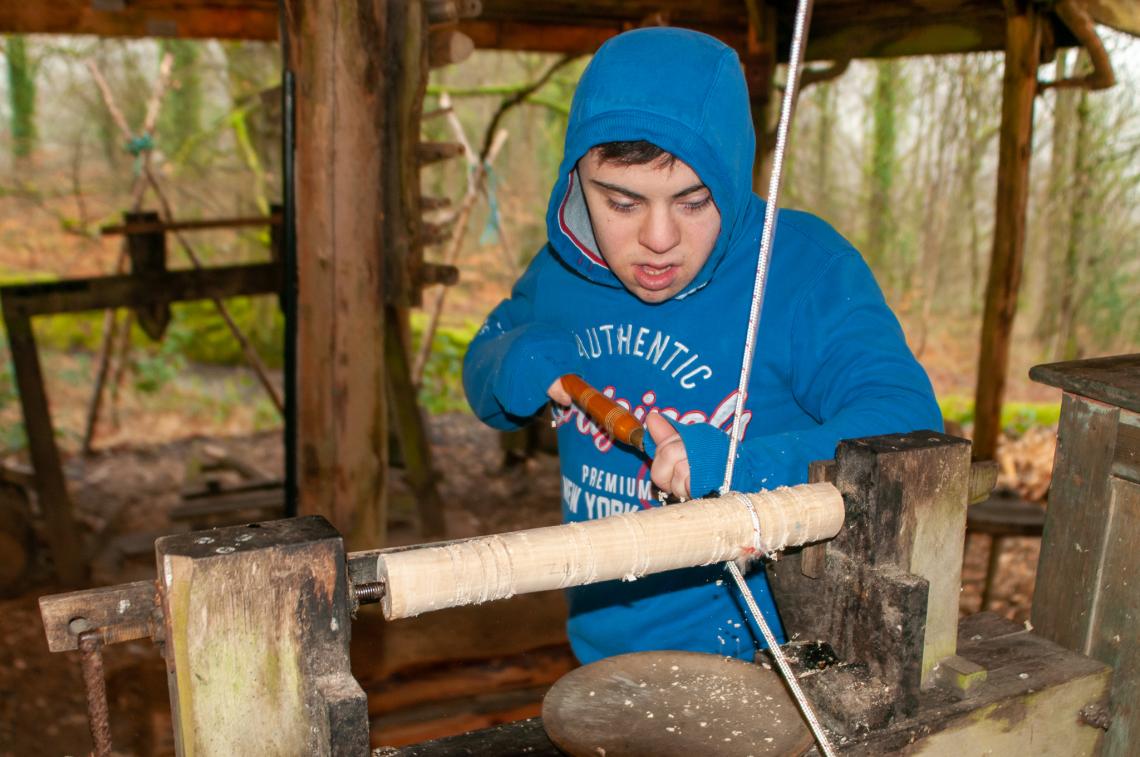
ParentBlockquote ContentA family member said he'd be happy if our son could say 'no' to something at the end of his 3 years. We reached that point after only 6 months!
Estyn Report, October 2019The college’s creative and well-planned curriculum is a particular strength. It is tailored and adapted very successfully to meet the individual needs of all learners and prepares them well for their future lives.
 01550 760400
01550 760400